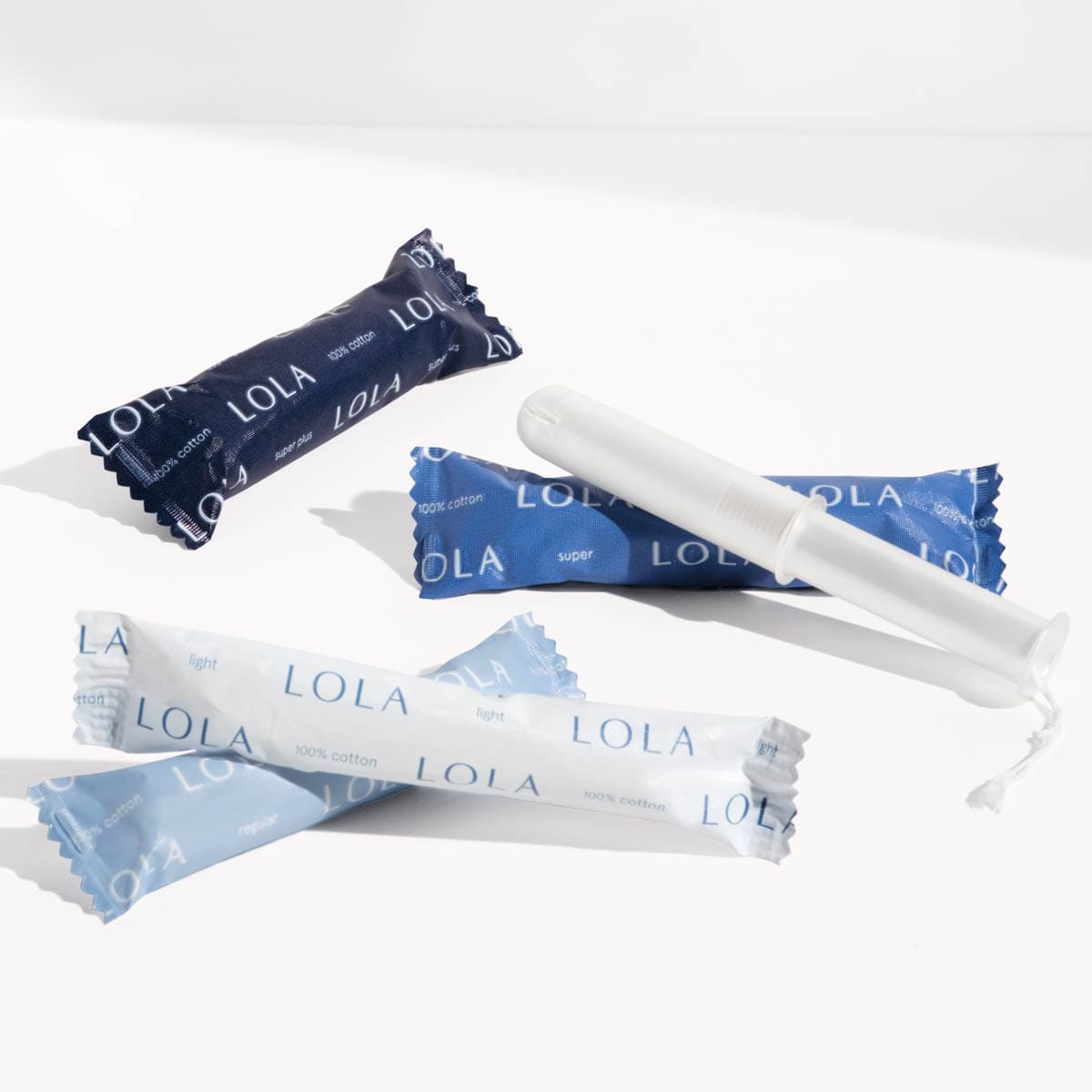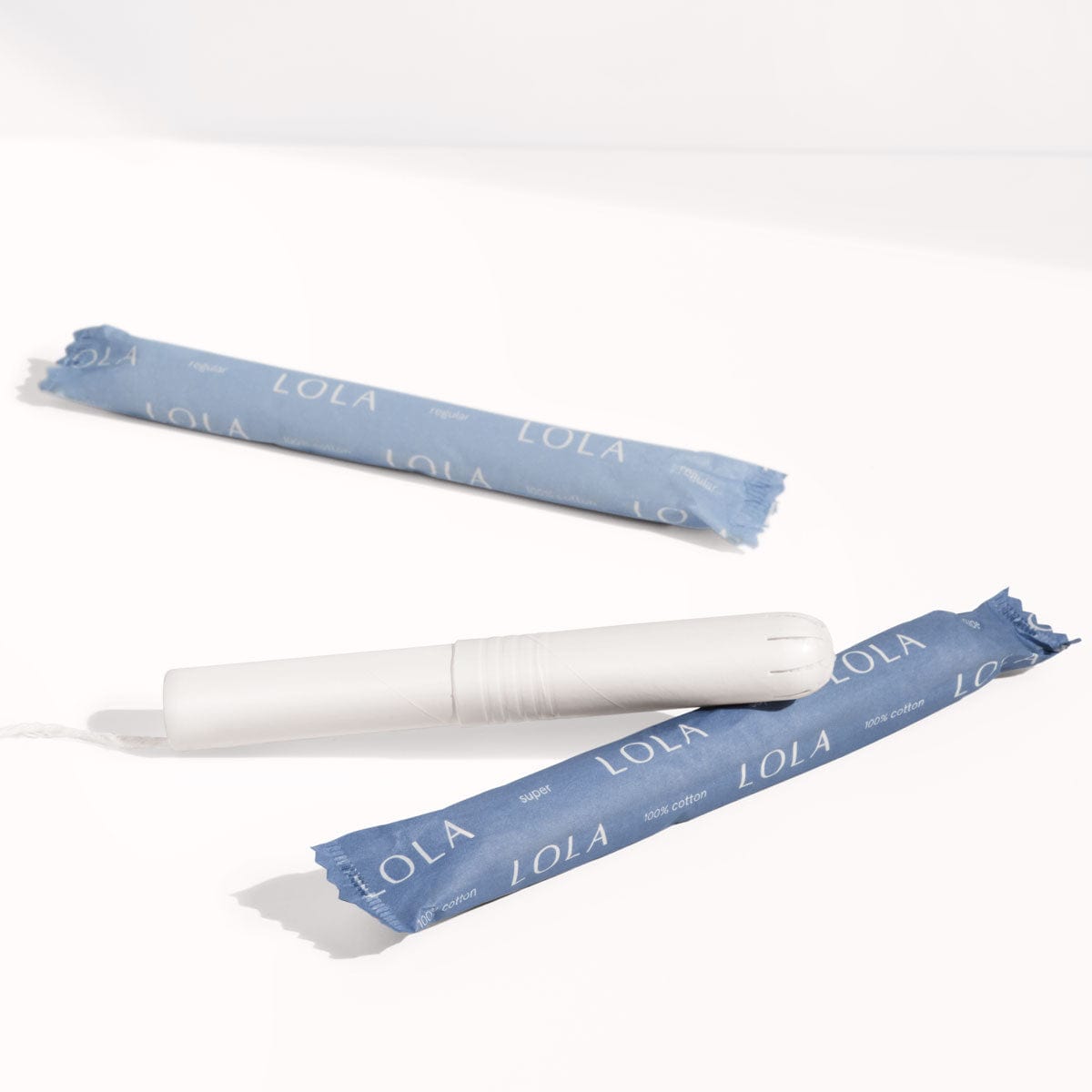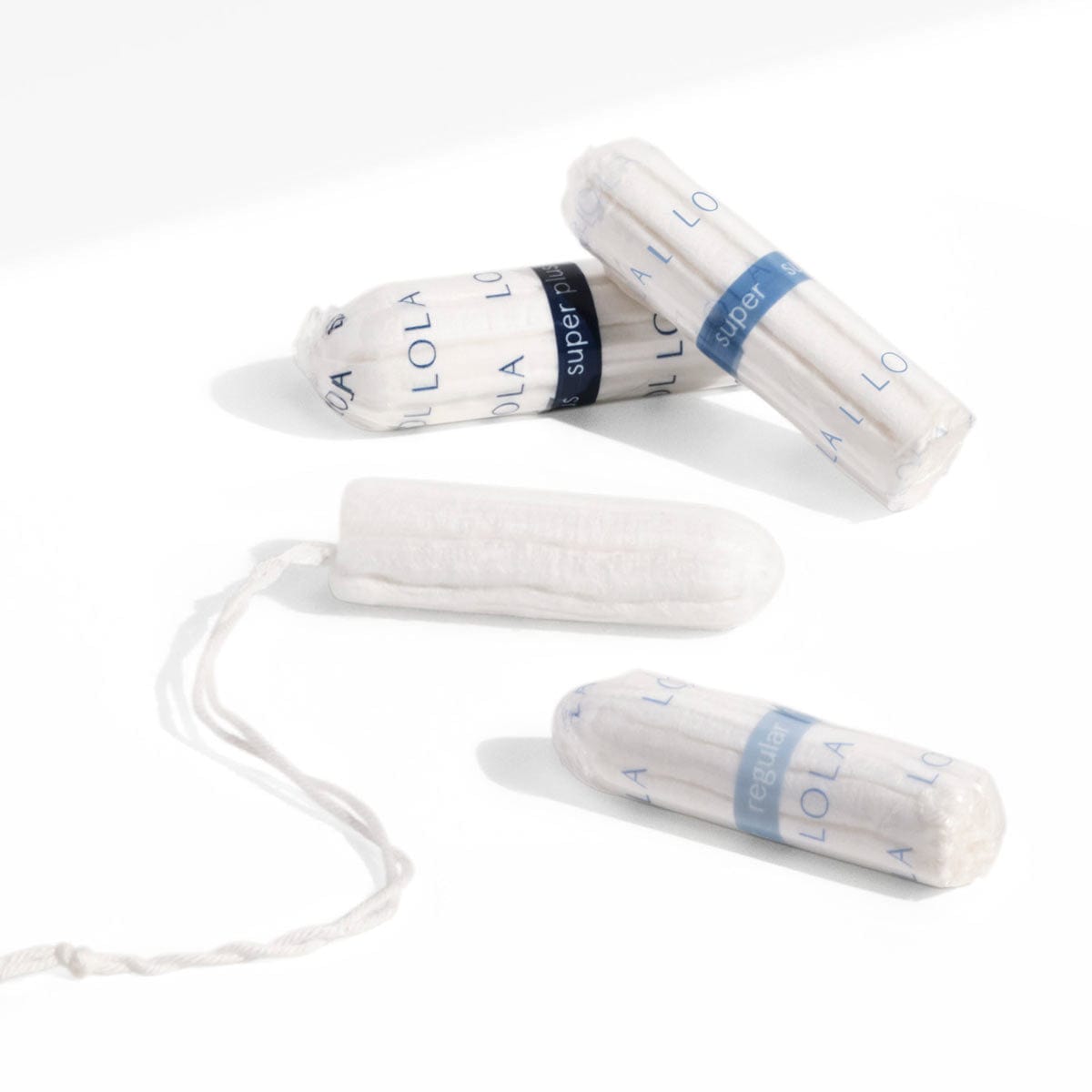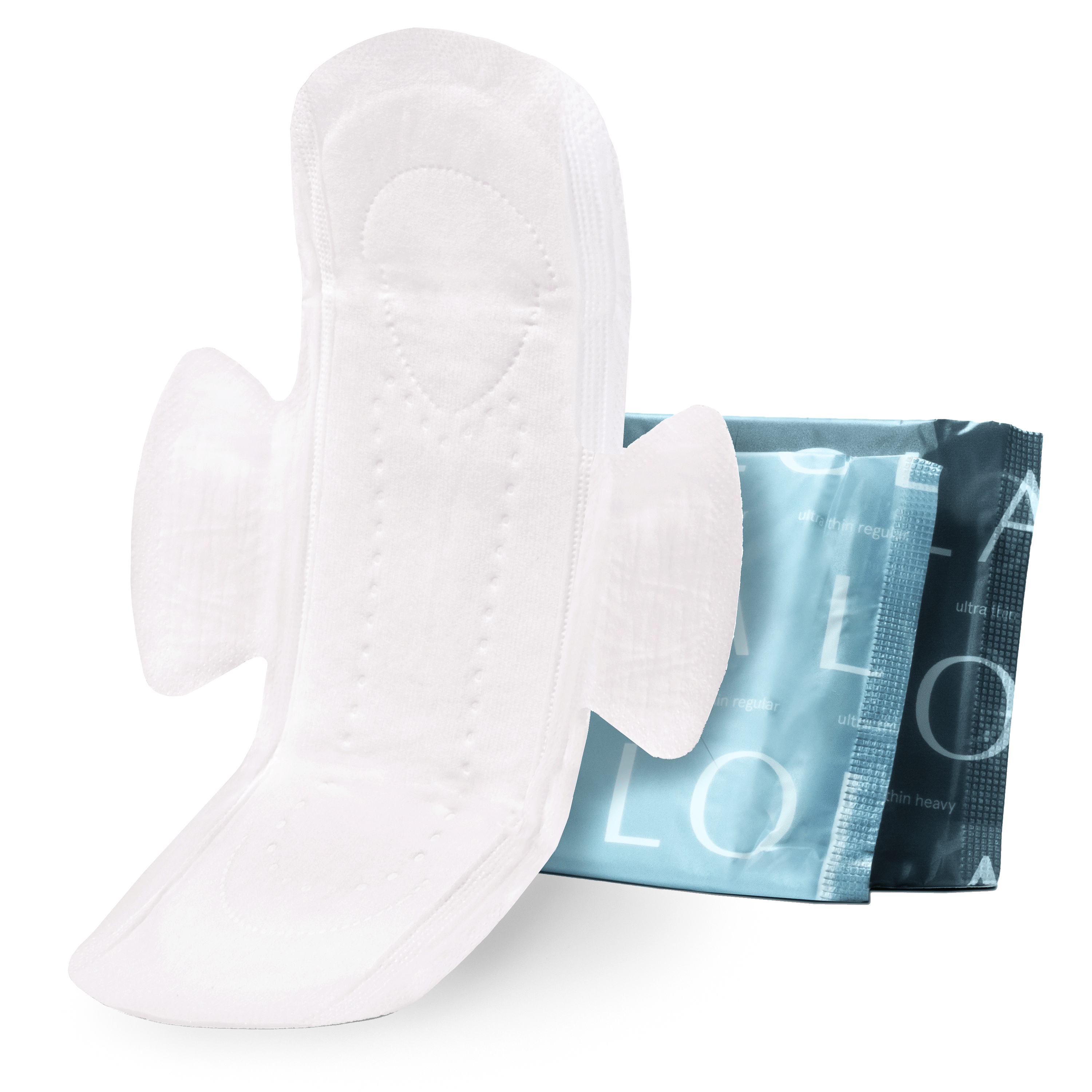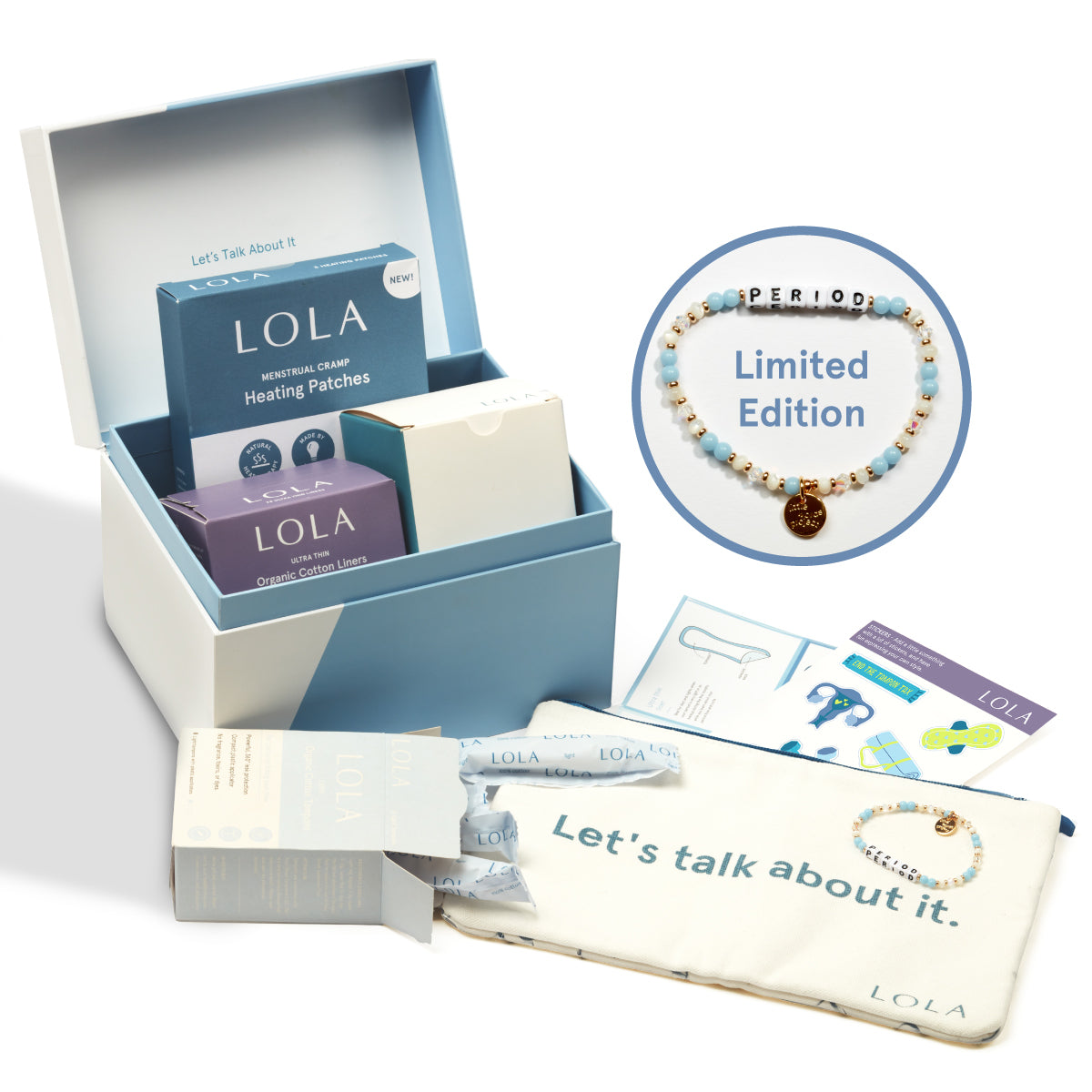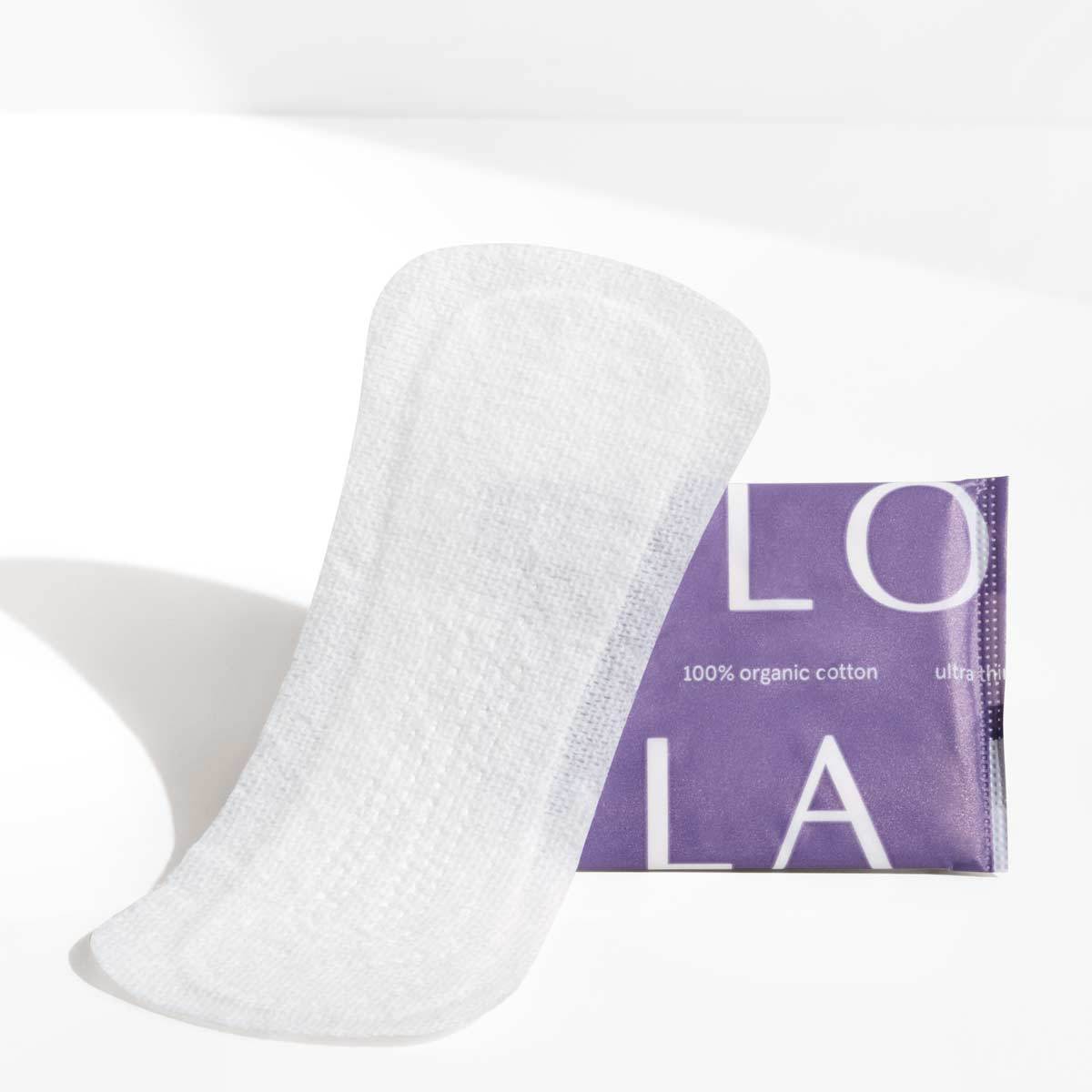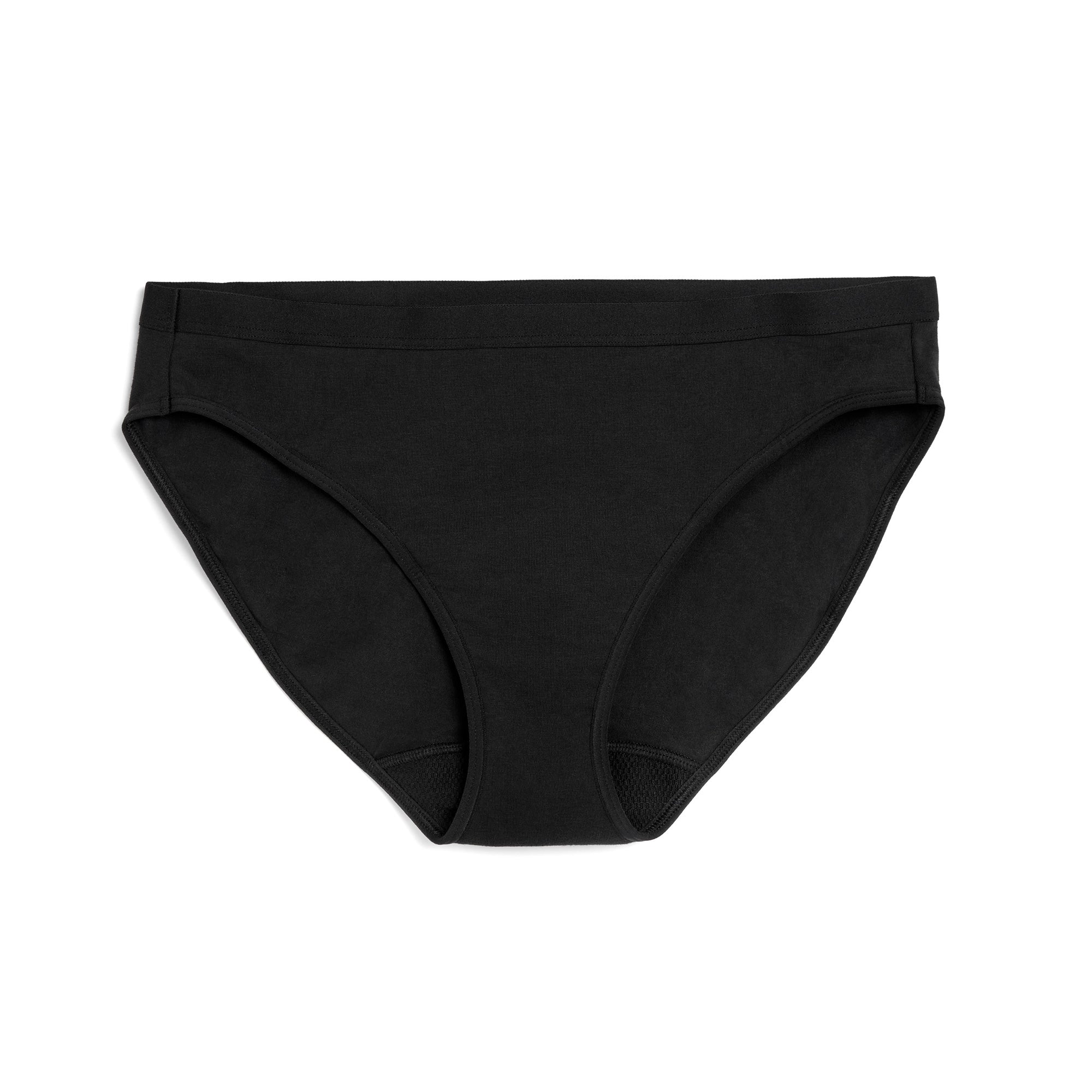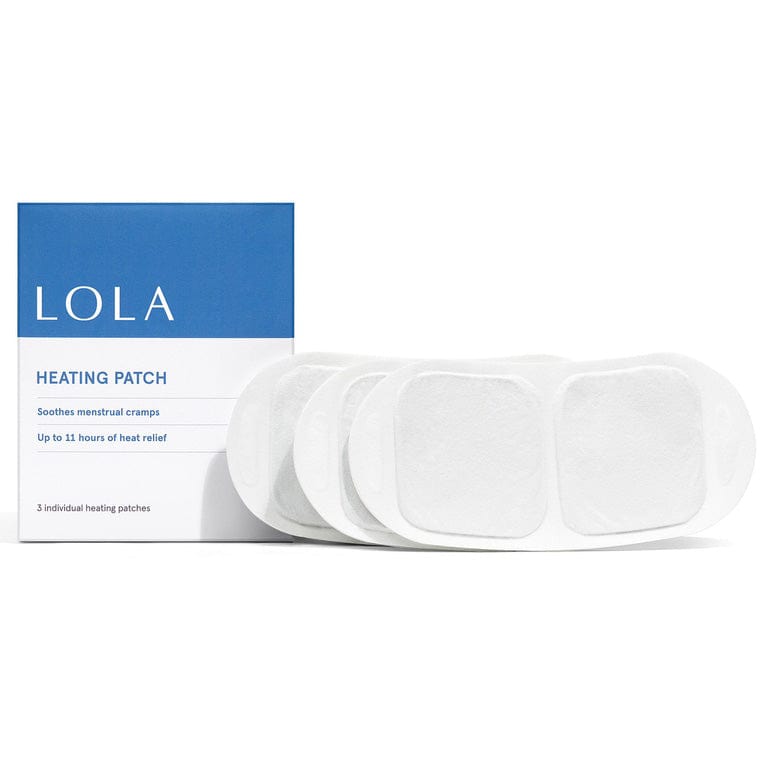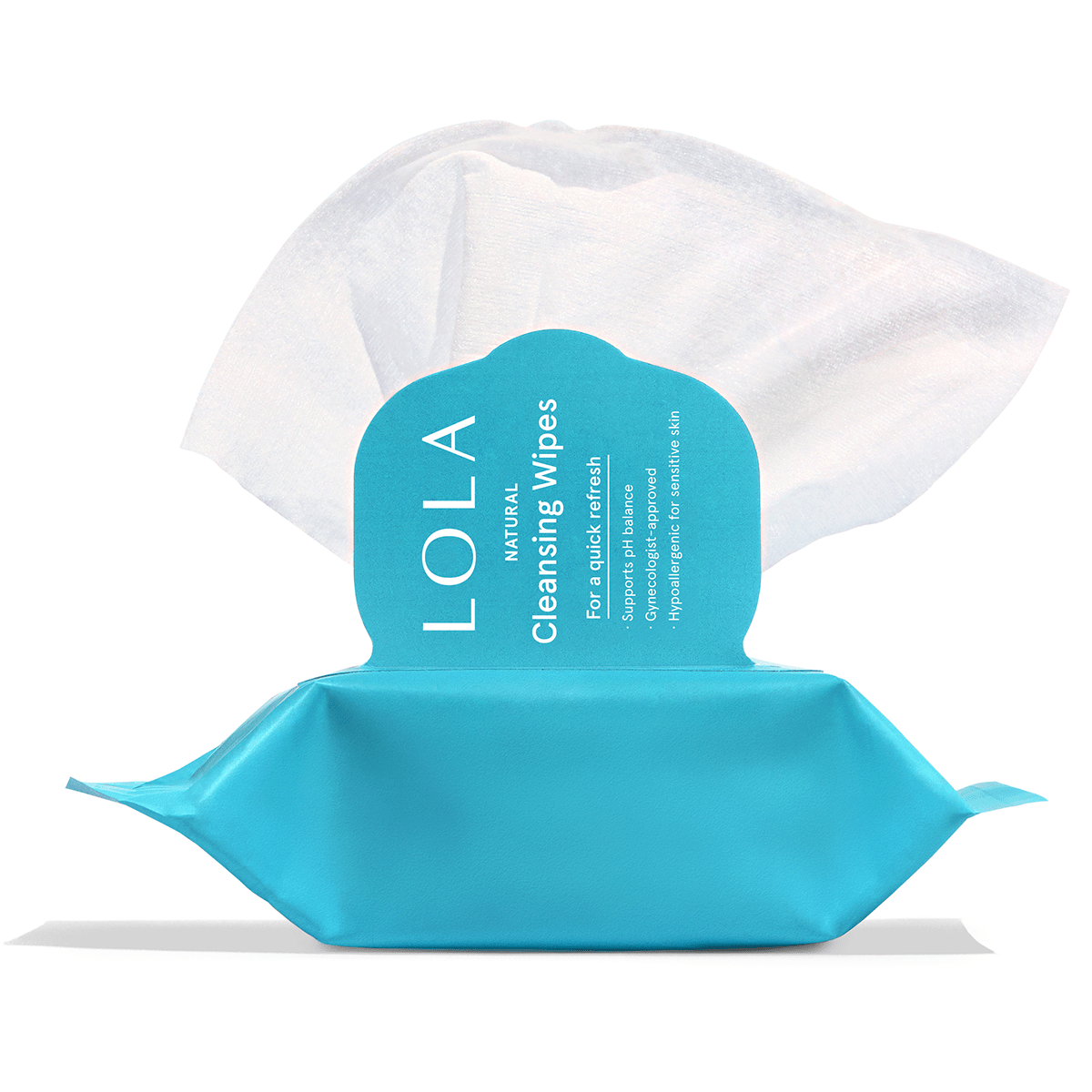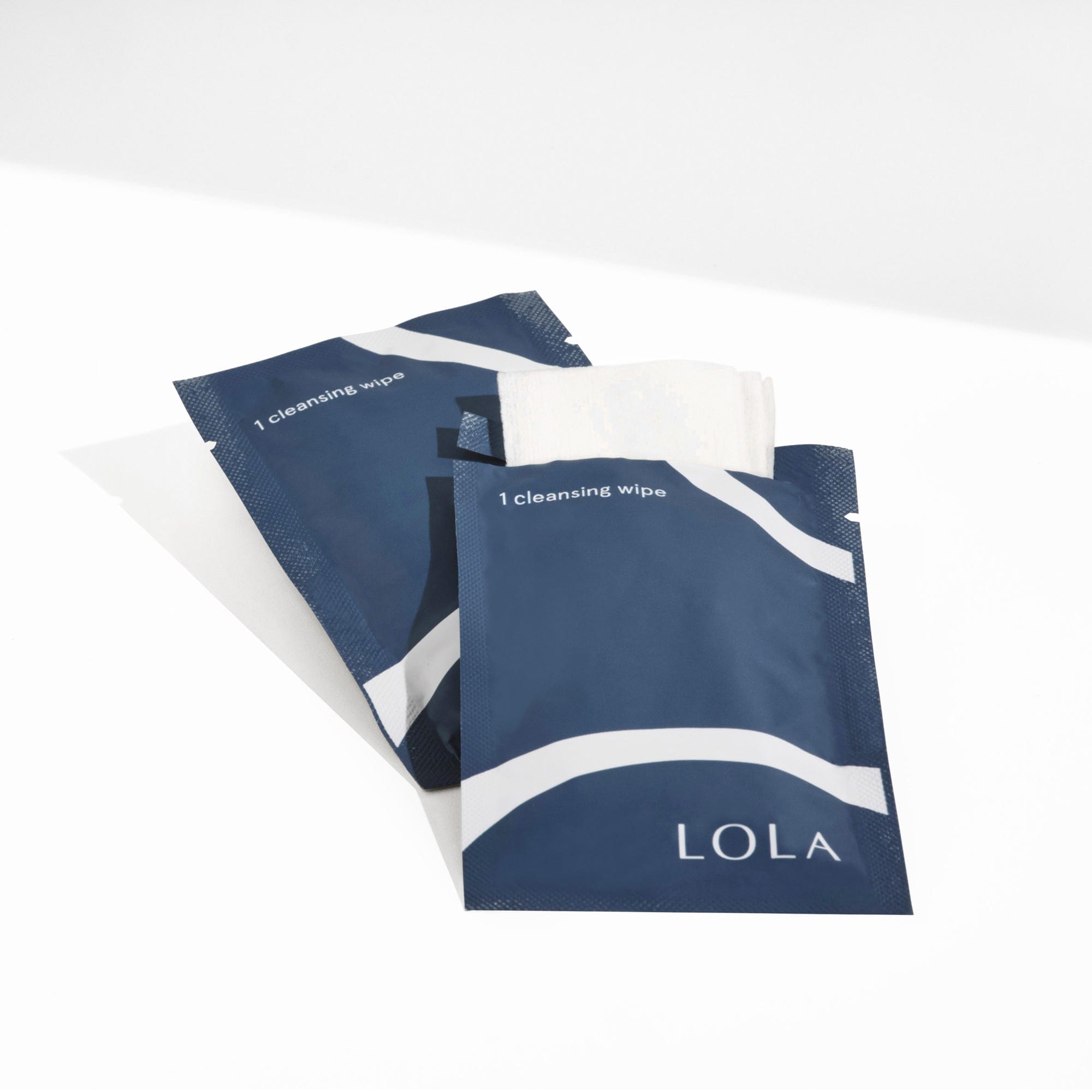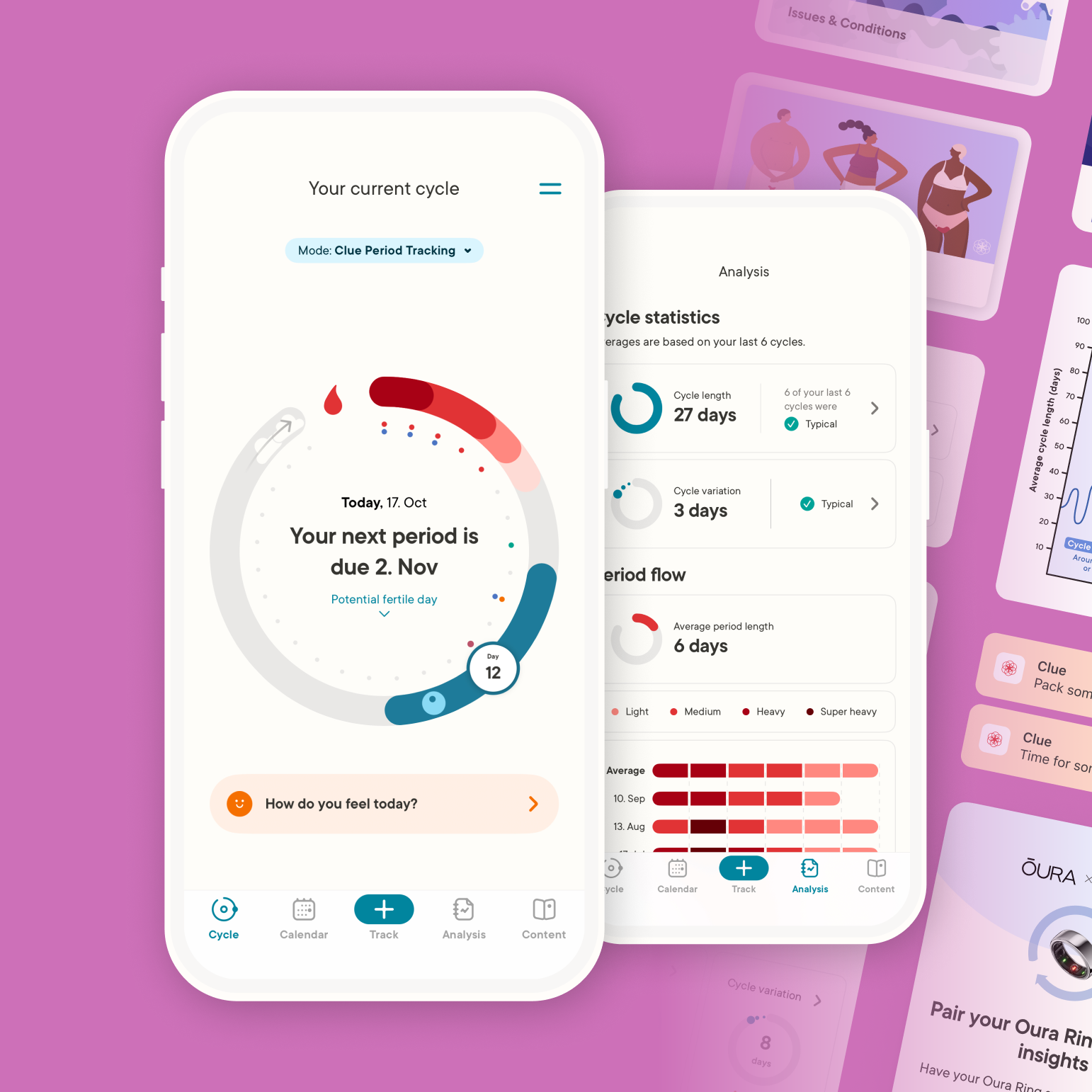Getting an IUD is a somewhat paradoxical experience. On the one hand: OUCH (and yes, the pain is really bad for many women). On the other hand: you get safe, long-lasting birth control, and you kind of feel like a badass once it's in (if you can handle an IUD insertion, you can probably handle anything). But if you're a little on the fence about it, you're not alone " only around 9 percent of women in the U.S. who use some form of contraception use an IUD as their primary method of birth control. Considering whether it's right for you? We spoke to seven women about what they wish they'd known before they said yes to the IUD.
"Even though it was a bad experience, now I know it's not for me"
"I had always been on the pill, but after my breast size increased from a B to a D " which I hated because, well, larger breasts are uncomfortable " my doctor suggested I try an IUD, saying that it might decrease my breast size. I didn't realize at the time how difficult it was to try something like this. It's not like the pill, which you can just stop if you don't like. Getting it in was much more uncomfortable than I expected and there was no reduction in my breast size. The only change was very much mood-related " something I'd never experienced before on the pill. My primary care doctor ended up removing it for me. I wish I'd known that it wasn't so easy to try the IUD. I guess I should have known beforehand, but once I didn't like it, I kept thinking, "˜Well, I went through all the pain of getting it inserted; I don't want to give up on it yet!'" " Ashley, 28
"I wish I'd known how long the spotting would last"
"I have the Mirena IUD. I'd relied on condoms as birth control for my entire sexually active adult life (except for one year in college on the pill) until recently. After settling into a long-term relationship, I was ready to ditch the condoms, and since my boyfriend and I aren't looking to have kids anytime soon, a long-term birth control made sense. My experience has been mostly positive. I had severe cramping and nausea 24 hours after insertion and spotting for a few months " I knew it would be a possibility, but three months of spotting almost broke me. Since the spotting cleared up, my sex drive has increased and my periods have become lighter over time. However, my acne has increased, and I do have some slight hair loss. But overall, I love my IUD." " Danielle, 27
"I feel like I have my life back"
"I had been experiencing something called dysfunctional uterine bleeding for about a year. After I had a dilation and curettage (also known as a D & C, it's done to treat heavy bleeding as well as clear the uterine lining after an abortion or a miscarriage) in 2015, [the heavy bleeding] came back in April of 2016, which is why I got the Mirena about a month and a half ago. So far, the Mirena has stopped the bleeding. I was very sore the first few days, but overall I love it. It's been great NOT to suffer from intense, heavy bleeding every day. While I would have preferred to have some pain meds when it was inserted " the insertion was so painful and intense I thought I was going to pass out " it's otherwise been wonderful. I can't tell you how many sheets and pairs of undies I ruined last year before getting my IUD. I feel like I have my life back." " Caseyrenée, 29
"I would have gotten it sooner"
"I have the copper IUD. The pill gave me migraines, so I can't use hormonal birth control. I also hated having to take it every day. The copper IUD lasts anywhere from 10 to 15 years, and my insurance covered it, so I paid $35 for 15 years of birth control. I like not having to carry a pill pack with me anymore. Many people report having awful cramps and irregular periods with the copper IUD, but that's not been my experience at all. The only thing I wish I'd known sooner is how awesome and convenient it'd be for me, because I would have gotten it sooner and saved myself a ton of cash." " Amy, 28
"It's the best option for my endometriosis"
"I have endometriosis, which is a condition where the lining of my uterus is found growing in other parts of my body. After having surgery to treat the endometriosis, my gynecologist recommended the Mirena to lighten my periods and ease cramps. Before the Mirena, I was on the combination pill for many years, until I began getting severe migraines with aura and had to stop taking it due to the stroke risk. I then tried the progesterone-only pill, Cerazette. But this pill made me bleed continuously (I had a period for two months!), made me really emotional, and also caused weight gain. It also didn't help my endometriosis symptoms. Overall, I've found the Mirena to be the best option for managing my endometriosis. I've had some side effects, such as acne, but they have been manageable, and my gynecologist really prefers the Mirena option when treating women for endo. I have been getting large ovarian cysts, and I have been told the Mirena can cause these simple cysts. But my gynecologist believes I've been getting these cysts for years, and that the Mirena is not causing them in my case. I wish I'd known how painful having the Mirena fitted would be though " I would have had my coil fitted during surgery instead of afterward, as it was incredibly painful to be fitted a few weeks after pelvic surgery."
" Kirstie, 23
"The side effects suck"
"I've had problems in the past with the birth control pill, because I'm very sensitive to hormones " even low-hormone birth control had a negative effect on me, which is why I eventually decided to look into the IUD with zero hormones. To be honest, my experience with the Paragard has been challenging. While I love the freedom of not having to take a pill every day, the side effects suck. I'd been told that the the cramps would be worse, but damn, nothing prepared me for the pain that comes around once a month. I'd also been told that light bleeding would occur between periods for about three months. However, mine lasted about eight months and ruined lots of my underwear. I wish I could get the IUD with hormones. I'm pretty positive that all the cons associated with my IUD are purely because I have the non-hormonal one. If my body were not so sensitive to hormones, I'd opt for a different IUD in a heartbeat. But I love that ultimately, I really don't have to think about my birth control. It's just there, doing its job. Every time I deal with my horrible cramps I remind myself childbirth will be so much worse, which terrifies me, but also reminds me I can push through it." " Jessica, 30.
"I wish I'd known I'd have such a bad reaction to the Paragard"
"I first got the Paragard when I was 19 " I figured I might as well get the one that lasted the longest. The insertion wasn't bad, but right away I had terrible cramps and the worst period I've ever had in my life. I put up with it for a few months, but my body eventually rejected it. After that, my doctor tried the Mirena, and it was a breeze. I'm on my second one with no problems, and I haven't had a period in years, which I love. I wish I'd had my ACA insurance when I got my first IUD. I had to meet my deductible, so I had to pay $1,000 (this was back in 2008) to get the IUD. I viewed it as worth it for five years of birth control but it was still nice to not have to pay out of pocket under my ACA insurance when I got my second IUD in 2013. I'm actually worried about what the cost may be when I go to get a new Mirena in two years due to the political climate and all the calls to abolish the ACA." " Crystal, 27
